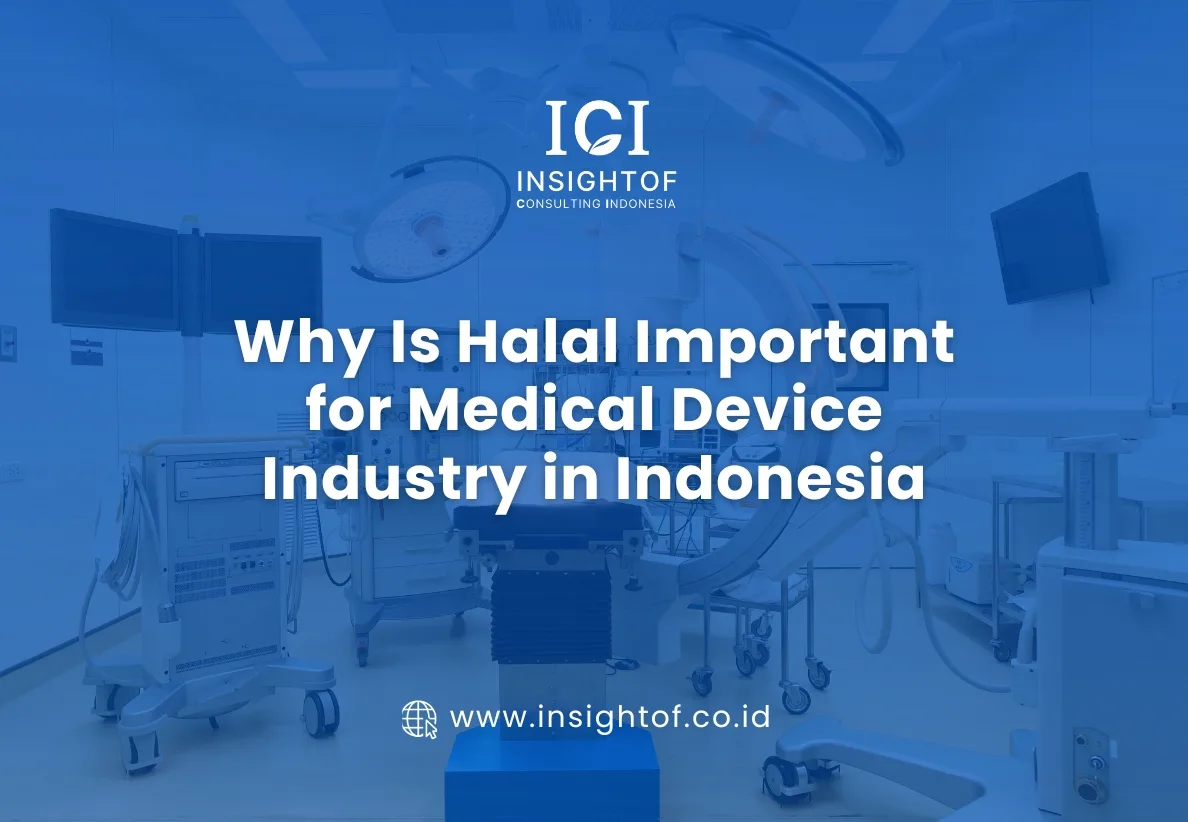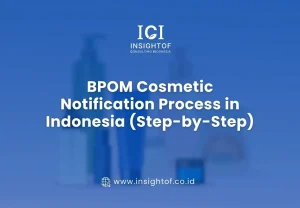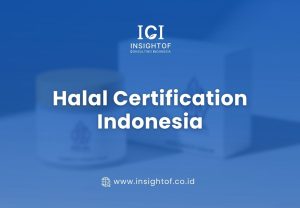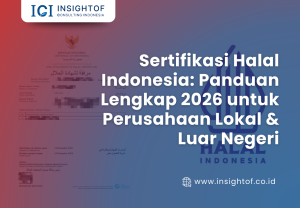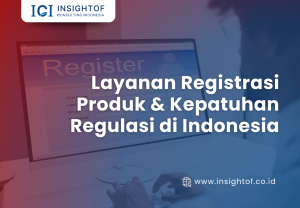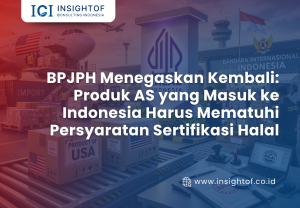1. Fundamental Principles of Halal Medical Devices
In the context of the global industry, halal assurance for healthcare products, particularly medical devices, has become a primary concern, especially in Muslim-majority countries like Indonesia. The implementation of Halal standards is no longer merely an option, but an ethical and regulatory obligation. The medical device industry must pay attention to the halal status of raw materials and the entire process, from the preparation of raw materials, production processes, to final distribution, to ensure that the resulting products fully comply with Islamic law.
To achieve this standard, medical device manufacturers must comprehensively implement the Halal Product Assurance System (SJPH). SJPH functions as a systematic framework that ensures all stages of medical device production, from raw materials to finished products, are free from non-halal and impure materials.
Critical Raw Materials: In this process, there are Critical Raw Materials categories whose halal status must be monitored, including materials derived from animal bodies such as hair, fur, nails, and horns from halal animals (excluding pigs and dogs).
2. Contamination Issues and Use of Animal-Derived Materials
Contamination Risk (Najis): Another crucial issue facing the medical device industry is the potential for contamination (Najis). Contamination can occur at various critical stages, such as during production processes, washing, and sterilization, all of which must be strictly controlled to maintain product halal integrity.
Furthermore, the use of Animal-Derived Materials also poses a significant challenge. Some vital medical devices, such as artificial heart valves, vascular tubes, and vascular prostheses, have traditionally often used materials potentially derived from non-halal animals, particularly pigs and dogs.
The use of these elements in medical devices requires special attention and substitution. Additionally, Alcohol/Ethanol used as solvents, cleansers, or sterilization media must also be considered. The halal status of ethanol heavily depends on its source, which triggers further discussion at the regulatory level.
3. Halal Regulations and Medical Device Innovation
According to MUI Fatwa No. 11 of 2009, the use of ethanol and impure substances (such as pigs and their derivatives) in medical device production needs attention. However, ethanol is considered haram and najis if it originates from the alcoholic beverage industry (khamr), but can be used if it comes from non-khamr industries (for example, from cassava fermentation, corn, etc.) which can be technically and sharia-wise accounted for.
“This regulatory push triggers a wave of Halal Innovation in the medical device sector. The industry is encouraged to switch to using halal-friendly alternative raw materials, such as biopolymers and biotechnology engineering products.”
💡 Examples of Product Innovation
- ✅ Surgical Sutures: Suture materials can be modified using spinning, polymerization, and grafting processes to avoid the use of non-halal materials while maintaining medical quality.
- ✅ Contact Lenses: Old materials are replaced by polymers proven safe and halal, such as Poly(lactic acid) (PLA) or Poly(methyl methacrylate) (PMMA), which become better halal-assured alternatives for consumers.
4. Regulations and Halal Certification Implementation
The government mandates halal certification for medical devices through Government Regulation No. 42 of 2024 and Presidential Regulation on the Implementation of Halal Product Assurance. This obligation reflects the government’s determination to realize the vision of transforming the medical device industry towards a halal and globally competitive production ecosystem.
Certification Obligation Schedule:
| Risk Category | Certification Deadline |
|---|---|
| Low Risk (R) | October 17, 2027 |
| Medium Risk (RS) | October 17, 2029 |
| High Risk (RT) | October 17, 2030 |
| Extended Use Devices | October 17, 2039 (for very long-lasting devices) |
Important Note: If medical devices have a very long lifespan, the obligation may be extended until October 17, 2039.
5. Policies Driving Medical Device Industry Transformation
The government is committed to encouraging the medical device industry to no longer depend on non-halal raw materials.
Government Support
The government supports the industry through strengthening the Halal Product Assurance System (SJPH) in Indonesia, and encourages innovation for the development of halal materials/products.
Ultimate Goal: This policy aims to ensure that medical devices used by the public are guaranteed to be halal, safe, and of good quality, while simultaneously increasing the global competitiveness of Indonesian products.
Our Reflection
The transformation towards halal medical devices represents more than regulatory compliance — it embodies a commitment to ethical manufacturing, consumer trust, and innovation. By embracing halal standards, Indonesia’s medical device industry positions itself as a leader in producing healthcare products that serve both medical excellence and religious values.
Need Guidance on Halal Medical Device Certification?
Contact us for expert consultation on halal compliance, certification processes, and regulatory requirements for medical devices in Indonesia.
